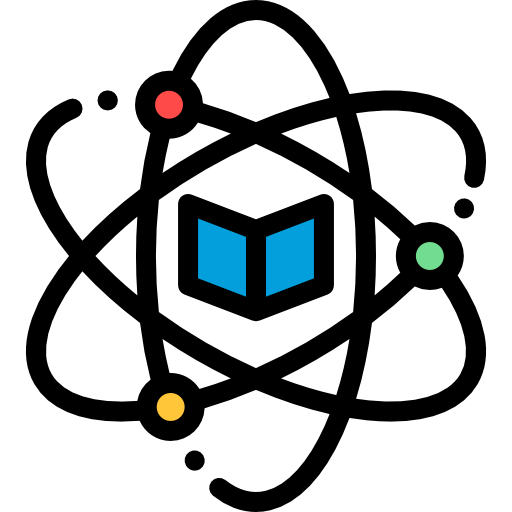Please proceed with your order so that we can facilitate taking your exam on your behalf. Click Here
The syllabus will cover the areas of physics, which are divided into two primary areas. This includes the fundamental areas of physics which include mechanics, astronomy, and thermodynamics.
Some of the subjects that will be covered in the syllabus will include such topics as electricity and magnetism, heat, sound, light, matter and energy, atomic structures, nuclear power, waves, optics, and the universe. There will also be an introduction to the physical sciences, including biology, chemistry, and physics. After that will come an introduction to human action and decision-making.
These are just some of the major topics covered in the syllabus. You will also learn about the major theories in physics such as quantum mechanics, relativity, and quantum theory. In addition, there will be a review of the basic concepts of mechanics, astronomy, and thermodynamics.
Many of the classes that will be offered on campus at Cornell will focus on one particular part of physics. For example, students in the introductory physics class will study the properties of electromagnetic radiation, atoms, and molecules, while the introductory particle physics class will focus on the study of elementary particles.
Some of the course work will be self-study, while others will be completed by the instructor. As well, you may need to take classes online. Most of the courses that you will take in Cornell Physics 1112 will be based on laboratories, with many of the assignments requiring that you do experiments or take tests on your own.
The classroom setting will also provide an atmosphere for discussion which will help you learn the concepts that are discussed in the syllabus. At the end of each class, the instructor will give you feedback that will provide information and answers to any questions that you may have.
Overall, the goal of the syllabus is to provide an understanding of the concepts that are covered in Cornell Physics. so that you can understand how they are related to each other.
The first part of the syllabus provides general physics topics. Topics include space, time, and matter, which are the three main elements that make up all of reality.
Then, we move on to the topic of energy. There are a variety of ways in which energy is defined. Each term has a different meaning depending on what the definition is for a given situation.
The next term is magnetism. This is the study of the attraction and repulsion between two objects. It will also cover magnetic forces, such as those that occur when two magnets are placed near each other.
Heat is defined as the transfer of heat from one place to another. It also includes the idea of energy and heat. This is important because it relates to how warm something is or how cool it is. The first three terms will be covered in an intro to energy class.
When it comes to magnetism, you will find that there is a lot of information to learn about it. However, this is an area that is too complicated to cover in a single semester at Cornell Physics. For the best results, you should take an advanced magnetism class at Cornell.
There is a special section that is included in the syllabus for elementary physics. The subject is so advanced that you should only take it if you feel like you need it or if you want to brush up on some of the concepts you have already learned in high school.
You can go to your college for a course on Physics if you do not feel comfortable learning it at home. You can even take a class online, if you feel more comfortable doing so. than you do in person. Even though it will take more work than in class, you will save money on travel expenses.
The best option is to find a school that offers both online and in-class teaching for you to take classes at Cornell. The schools you choose should have the resources and the teachers that you need. In some cases, the schools have a great reputation with a strong commitment to teaching that is well respected by the faculty. This makes them the perfect choice for you.

